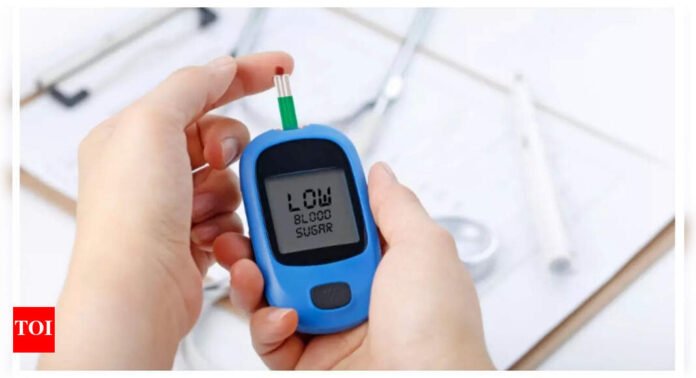7 Early Signs of Diabetes: Know Your Body’s Warnings
What is Diabetes?
Diabetes is a long-term health issue. It occurs when your body doesn’t produce enough insulin or can’t use it properly. Insulin is a hormone that helps manage your blood sugar levels. Without sufficient insulin, sugar accumulates in your blood, which can harm your organs over time.
Spot the Early Signs
Blood tests are the most reliable way to diagnose diabetes. However, your body may also show certain signs. Here are 7 early warnings. If you notice these, consider getting tested.
1. Frequent Urination
One of the first signs of diabetes is an increased need to urinate, especially at night. Even if you drink the same amount of water, you might find yourself needing to go more often. High blood sugar makes your kidneys work harder to remove the extra sugar through urine.
2. Excessive Thirst
Frequent urination can lead to dehydration, making you feel constantly thirsty. Your body tries to replace the lost fluids, leading to a cycle of drinking more and then flushing it out through urine.
3. Constant Hunger
You might feel hungry all the time, even after eating. This happens because your body’s cells can’t absorb sugar properly without enough insulin. Your brain signals you to eat more to compensate for the lack of energy.
4. Fatigue
Feeling unusually tired or weak is another early sign. This can happen even if you’re sleeping well. When sugar can’t enter your cells, your body lacks energy, making everyday tasks feel difficult.
5. Dry, Itchy Skin
High blood sugar can cause dehydration, leading to dry and itchy skin. If your skin remains dry even after using lotion, it could be a warning sign of diabetes.
6. Blurred Vision
Changes in blood sugar levels can cause the lens of your eye to swell, affecting your ability to focus and leading to blurred vision. If you notice sudden or frequent changes in your vision, consult a doctor.
7. Dark Patches of Skin
Some people with insulin resistance develop dark, velvety patches of skin, often around the neck, armpits, groin, or other folds. This condition, called acanthosis nigricans, is a visible sign that your body might be struggling with blood sugar control.
Where to Learn More
- WebMD
- The World Health Organization (WHO)
- The Centers for Disease Control and Prevention (CDC)
Disclaimer: This article is for informational purposes only. It’s not a substitute for medical advice. Always consult a healthcare professional if you experience any of these symptoms.



